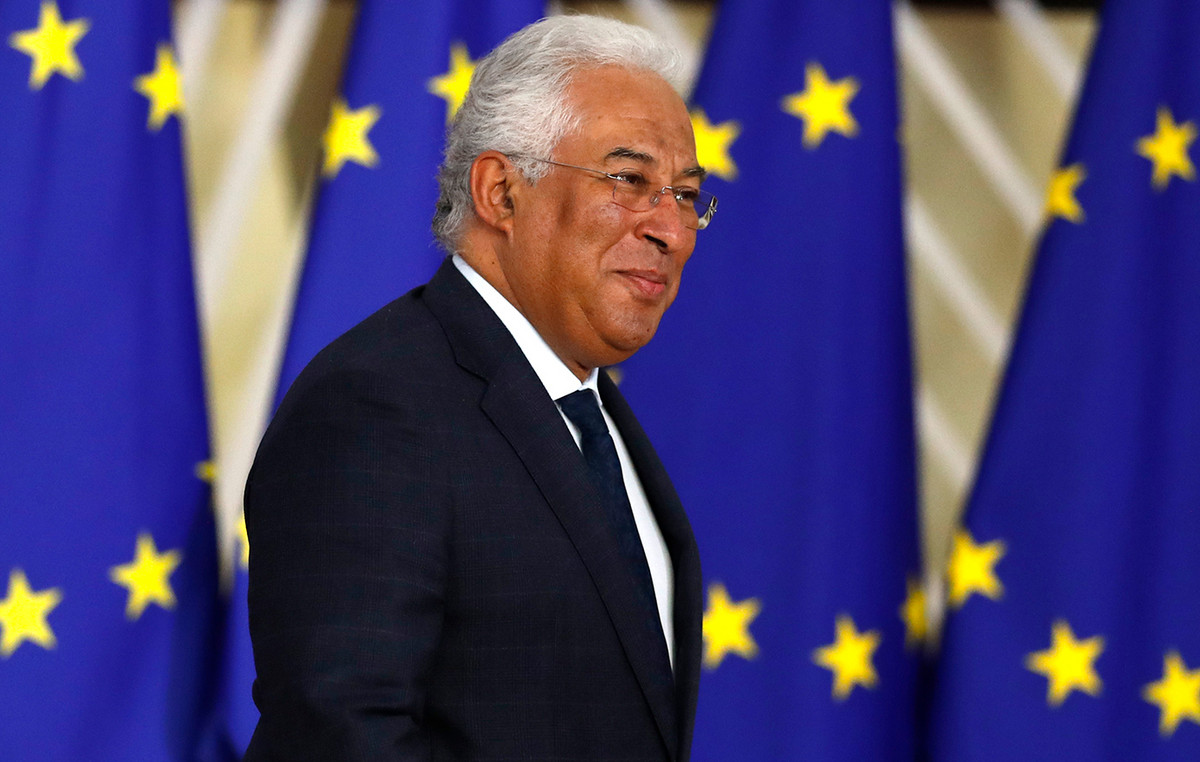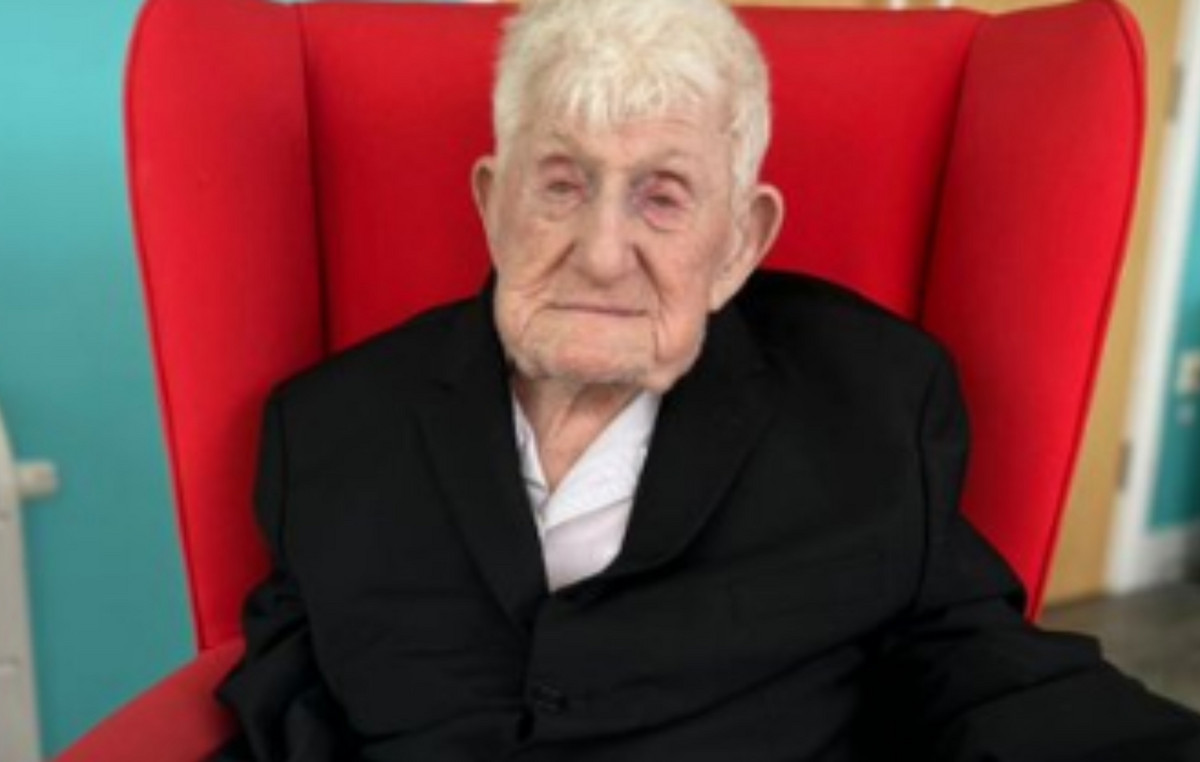The Federal Supreme Court (STF) ruled that the sanctions imposed by Prohibition on drivers who refuse to take the breathalyzer test are constitutional.
The plenary of the Court responded to a request from the Traffic Department of Rio Grande do Sul (Detran/RS), which appealed from a favorable decision of the Court of Justice of Rio Grande do Sul (TJRS) to a motorcyclist who refused to do the alcohol test.
In addition to accepting the Detran/RS appeal, the STF rejected two Direct Actions of Unconstitutionality (ADI) that questioned Law 12,760/12, which prohibits the sale of alcoholic beverages on federal highways, in addition to the articles of the Dry Law that define tolerance zero for the driver’s alcohol level.
The vote of the rapporteur of the actions, Luiz Fux, who accepted the special appeal and denied the ADI’S request was fully followed by the magistrates André Mendonça, Alexandre de Moares, Edson Fachin, Luís Roberto Barroso, Carmen Lucia, Rosa Weber, Dias Toffoli, Ricardo Lewandowski and Gilmar Mendes.
Minister Nunes Marques, on the other hand, understood the constitutionality of the Detran/RS action, but partially granted the request for unconstitutionality actions that asked for the repeal of law 12,760/12.
The appeal of the Rio Grande do Sul traffic department was considered a case of general repercussion by the STF. That is, from now on, the decision of the plenary of the Court must be the understanding used by all other instances of the judiciary in actions of similar requests.
In one of the ADI’s, filed by the Brazilian Association of Bars and Restaurants (Abrasel), the entity claimed that punishing the driver who refuses to take the alcohol test is unconstitutional since, according to them, it does not respect the principle of non-self-incrimination.
In a note, Abrasel informed that “even understanding the position of the ministers as unsatisfactory, we know that the election brought benefits to society, insofar as it stimulated the debate around the constitutionality of the law and individual rights, such as that of Go and come. Discussing topics like these is part of the maturing of society. Of course, we expected more significant advances, but we must emphasize that we have already achieved good results along the way, such as the end of the mandatory breathalyzer. We will move forward”.
In the second lawsuit, filed by the National Confederation of Commerce in Goods, Services and Tourism (CNC), they asked that the law that prohibits the sale of alcoholic beverages on federal highways be considered unconstitutional, claiming that it violates the principle of free enterprise.
In a note, the CNC stated that “it will await the publication of the judgment and the final decision of the action, respecting the decision of the plenary of the Court.”
Source: CNN Brasil







